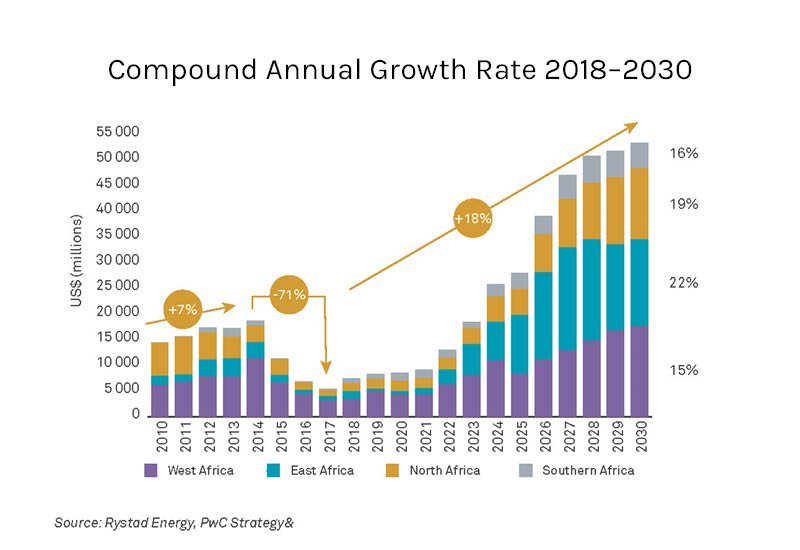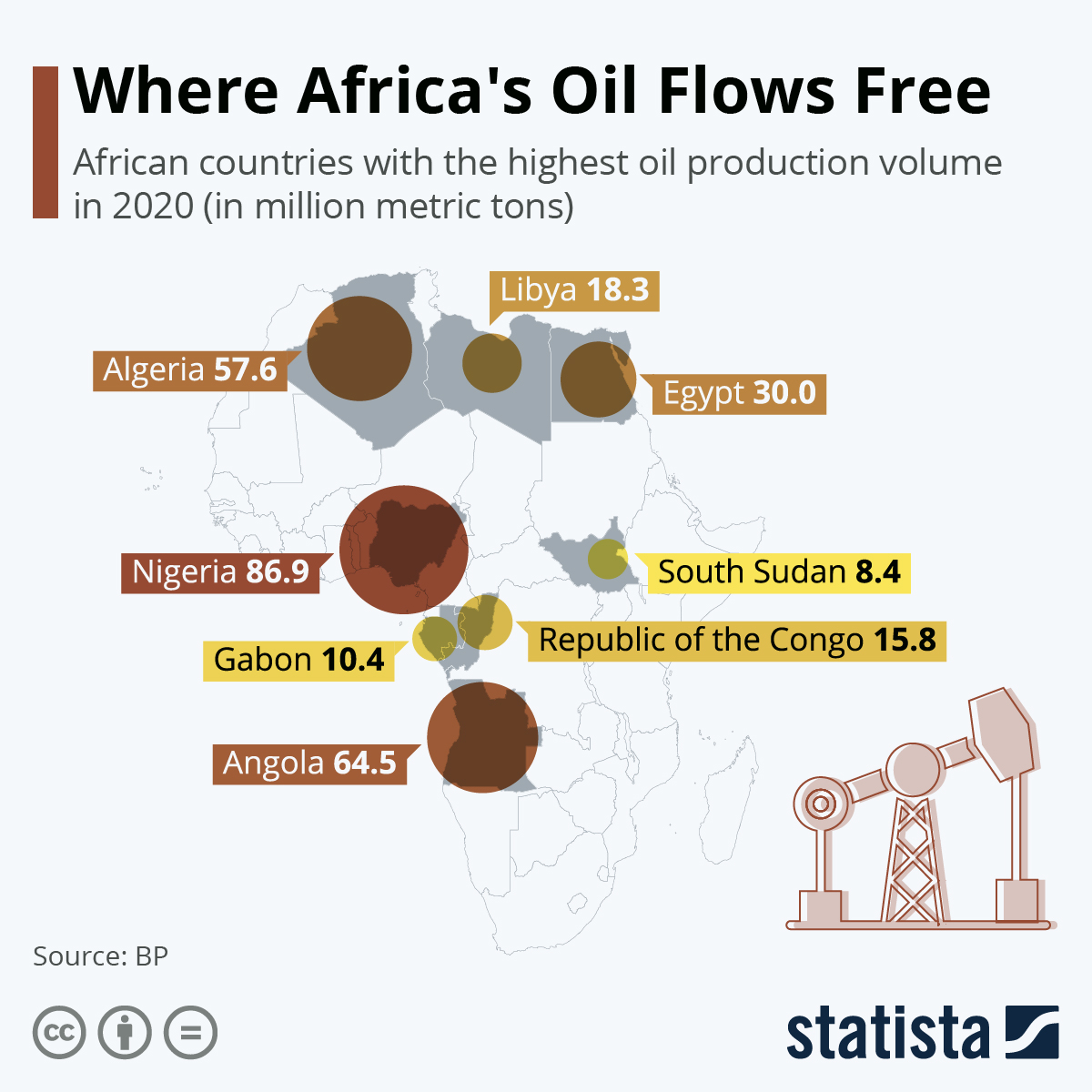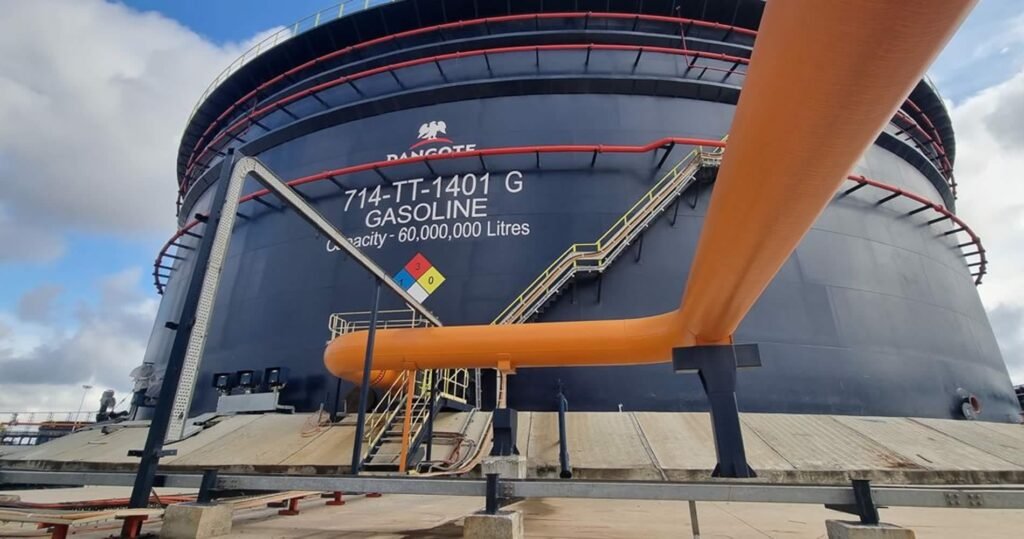Summary
- Africa generates nearly 10 million barrels of oil each day, making up about 10% of the world’s crude oil output.
- Nigeria stands as the foremost oil producer in Africa, followed by Angola, Algeria, Libya, and Egypt. Although Africa exports more crude oil than it imports, it remains a net importer of refined petroleum products.
- Oil production and revenue vary widely across African nations. Despite being the top producer, Nigeria has less dependence on oil revenue compared to Libya, Congo, and Angola.
In-depth Exploration!!
Africa plays a crucial role in the global energy sector, with several of its nations being rich in crude oil resources. The continent is essential for stabilizing global oil markets, drawing foreign investments, and energizing its economies through oil.
From the deepwater reserves in West Africa to the established fields in North Africa and the developing basins in Central Africa, oil-producing countries in Africa are adapting to changing global energy needs while addressing local challenges. These nations are not just maximizing their oil resources but are also investing in refining capabilities, local content, and diversifying their energy sources.
The oil sector remains pivotal to Africa’s economy and geopolitical landscape. Although production levels can vary due to various factors, these countries are working to balance resource extraction with sustainable development. As the energy landscape evolves, leading producers are increasingly concentrating on transitioning energy strategies, enhancing refining capabilities, and fostering regional cooperation to stay competitive.
Below is a snapshot of the top 10 oil-producing nations in Africa in 2025, ranked from 10 to 1 based on their output and strategic significance, highlighting their production capacities, important developments, and regional influence.

10. Chad
Chad’s oil sector, with an average output of around 125,000 barrels per day (bpd), plays a critical economic role, comprising over 60% of its export income. Despite facing logistical obstacles and limited refining capabilities, recent investments from Chinese and French firms are revitalizing production in the Doba Basin.
9. Ghana
Ghana continues to enhance its oil production through the offshore Jubilee and TEN fields. The government’s focus on regulatory reforms and energy governance has fostered further exploration. While not among the top producers yet, Ghana is quickly becoming a significant oil hub in West Africa, averaging 135,000 bpd.
8. Gabon
Gabon’s oil sector, which previously experienced decline, is making a comeback thanks to offshore investments and better fiscal policies. Oil accounts for over 80% of the country’s exports, and it has engaged with OPEC to stabilize prices while maintaining an average production of 180,000 bpd.
7. South Sudan
Despite political unrest, South Sudan is still producing considerable oil volumes, primarily using infrastructure inherited from Sudan. Its daily production ranges between 170,000 and 190,000 bpd, supported by Chinese partnerships aimed at revitalizing aging fields and pipelines.
6. Equatorial Guinea
Equatorial Guinea produces about 200,000 bpd, maintaining steady production levels through effective management of mature fields and new deep-water exploration. The government aims to establish itself as a regional hub for oil and gas, providing incentives for investors and boosting LNG infrastructure development.

5. Republic of the Congo (Congo-Brazzaville)
Congo’s oil sector, with average daily production of 275,000 bpd, remains a vital part of its economy. Recent offshore drilling initiatives and increased foreign investments, particularly from Chinese and European firms, have contributed to a steady rise in output.
4. Egypt
Egypt benefits from a thriving natural gas sector, notably with the Zohr gas field, which complements its oil production. The Gulf of Suez and the Western Desert continue to significantly contribute, and Egypt’s refining capacity positions it as a prominent energy player in the region, averaging 600,000 bpd.
3. Algeria
Algeria remains one of Africa’s leading oil producers, supported by extensive reserves in the Sahara and ongoing investments from its state oil company, Sonatrach. It also exports substantial volumes of natural gas to Europe, enhancing its geopolitical influence, with an average daily output of approximately 1.0 million bpd.
2. Angola
Angola has solidified its position as an oil powerhouse in Africa, achieving consistent offshore production and deepwater projects. The country’s modernization of its regulatory framework and reduction of bureaucratic hurdles have attracted major players like TotalEnergies and Chevron, reaching an average production of 1.1 million bpd.
1. Nigeria
Nigeria leads Africa as the largest oil producer in 2025, with an average daily output of 1.5 million bpd, despite challenges like infrastructure issues, oil theft, and political instability. The Niger Delta remains the heart of production, and recent reforms, including the Petroleum Industry Act (PIA), aim to boost investment confidence. Furthermore, the Dangote Refinery is expected to lessen import reliance and enhance growth in the downstream sector.


